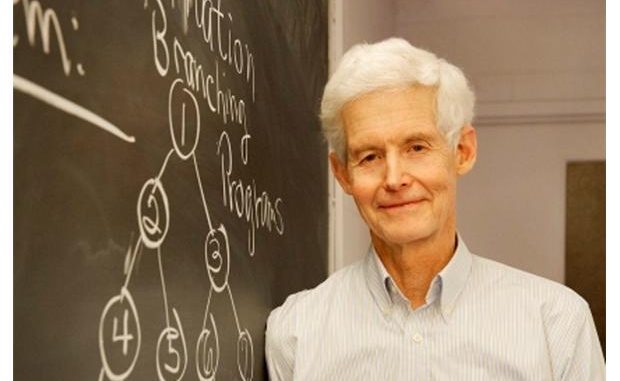
 One of the Canada’s most prestigious science prize has been awarded to a Toronto professor, Stephen Cook, who developed the world’s trickiest math problems. Cook, who has offered an open challenge for anyone to crack it and win $1 million, has been declared as the recipient of the 2012 Herzberg Gold Medal on Wednesday. The University of Toronto’s professor will be awarded the medal, along with prize money of $1 million, named after Nobel Prize winner Gerhard Herzberg.
One of the Canada’s most prestigious science prize has been awarded to a Toronto professor, Stephen Cook, who developed the world’s trickiest math problems. Cook, who has offered an open challenge for anyone to crack it and win $1 million, has been declared as the recipient of the 2012 Herzberg Gold Medal on Wednesday. The University of Toronto’s professor will be awarded the medal, along with prize money of $1 million, named after Nobel Prize winner Gerhard Herzberg.
73-years-old Cook has made several essential offerings to the mathematics and computer science, majority of which are placed at heart of modern-day cryptography and commerce. The firm which awards the prize every year, i.e. Natural Sciences and Engineering Research Council of Canada, acclaimed that Cook’s “theorem” regarding what is solvable by mathematics and computers has become quite mandatory for the students of computer science students. It was added that Cook’s theorem has also become the root of one of the seven Millennium Prize Problems in mathematics, which are promised with a prize money of $1 million for whoever solves them.
The Clay Mathematics Institute of Cambridge, Mass., announced seven prizes in 2000 to show “the frontier is still open and abounds in important unsolved problems.” The unsolved problem of Cook is known as P vs. NP. The math institute claims that “to complicate matters, the Dean has provided you with a list of pairs of incompatible students, and requested that no pair from this list appear in your final choice.”

Be the first to comment